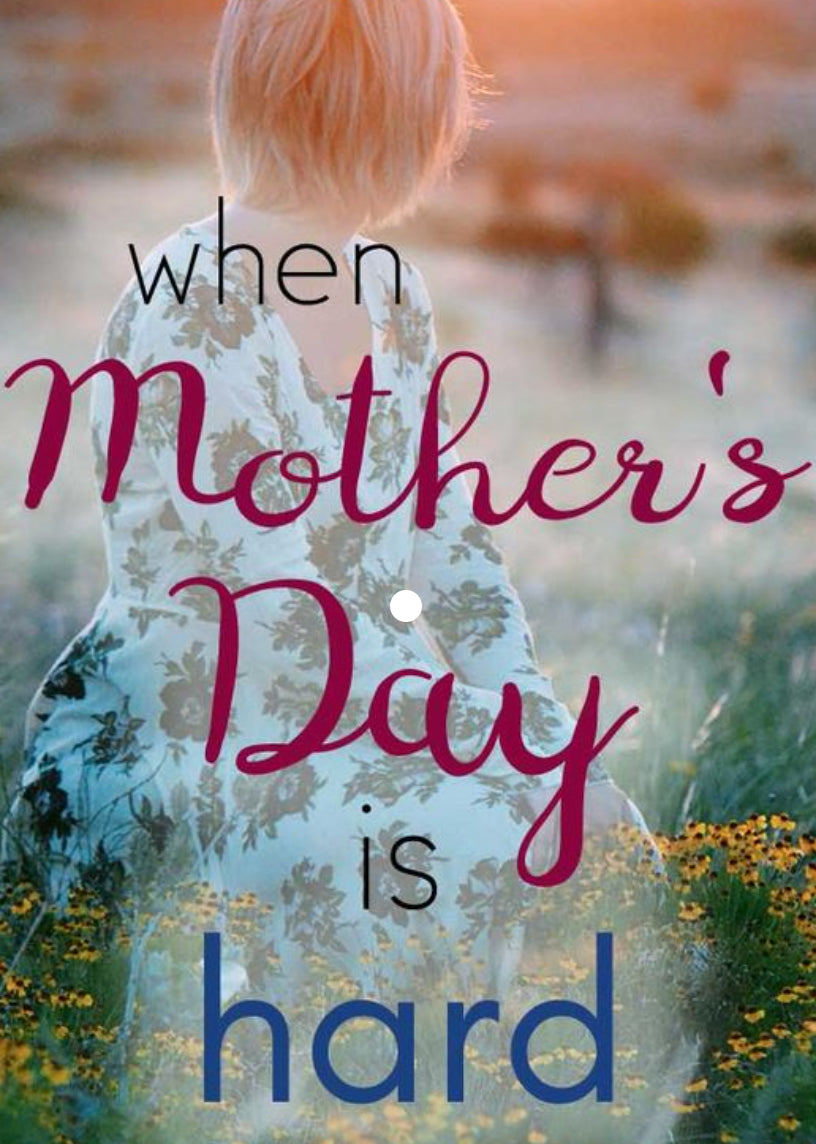Your Cart is Empty
For a limited time, enjoy FREE Samples with $14.90 Delivery. Anywhere in Australia
For a limited time, enjoy FREE Samples with $14.90 Delivery. Anywhere in Australia

.
.
With Mother’s Day around the corner I want to touch upon a crucial aspect of supporting children who have lost their mother on Mother's Day or any other day and as a result, perhaps we can do this better this week and forever more.
Supporting children who have lost their mother on Mother's Day can be emotionally challenging but also deeply meaningful.
It has always saddened me when I've seen children walk with their class to the Mother's Day stall having lost their mum as if it was just another excursion to the school library or computer room without a word of what this could mean or on a positive, what it could be for them if we weren’t afraid to deal with difficult situations.
Overall, acknowledging a child (or adults) loss and creating a safe space for them to express their feelings and memories is essential for their emotional well-being as a motherless child.
None of us are taught how to behave here, and most children and adults won't even think about it until its staring them in the face and then it is a reaction rather than a caring strategy for an uncomfortable situation that occurs every year for the rest of this child’s life.
By initiating conversations and allowing children to share their memories, thoughts, and feelings about their mother, we validate the significance of her presence in their lives. It's essential not to shy away from uncomfortable discussions, as avoiding the topic can convey the message that their mother's existence or importance is being disregarded.
Once the chat begins, and you will probably have to bring it up organically.... a silent response, though uncomfortable, is just a smuch the answer because youve seen them and given a platform to start the healing with others.
Providing children with the space to reflect and process their emotions without pressure or expectation can be incredibly powerful and valuable. It allows them the opportunity to honour their mother in their own way and on their own terms.
Ultimately, the goal is not to fix or erase the pain of loss but to create a supportive environment where children feel heard, understood, and valued. By acknowledging their grief and honouring their mother's memory, we can help children navigate their grief journey with resilience and compassion.
Here are some ways to provide comfort and care:
As the childs teacher, it may be as simple as looking at your student with a warmth that says We're all here for you, or asking them a question about their mum... for students or the class captain perhaps asking the child " what was the best thing you remember you did with your mum?" When the Mother's Day stall comes up it could involve suggesting to buy something at the Mother's Day stall that is a keep sake for the child to hold or use on Mother's Day or any day for that matter. A little planning coould make this a special day rather than a day of dred.
Above all, remember that each child's experience of grief is unique, and there is no one-size-fits-all approach to supporting them. Show them love, patience, and understanding, and let them know that they are surrounded by caring individuals who are there to support them through their grief journey. Imagine if we changed our culture to tackle challenging topics and situations with care, thoughtfulness and empathy.
I hope you have found this blog deeply insightful and compassionate. It's clear that we recognise the importance of creating a supportive environment where these children feel valued and understood during what can be a challenging time.
Let’s talk.... Your suggestions for acknowledging feelings, creating a safe space for expression, and honouring memory are incredibly meaningful. Encouraging open communication, offering ongoing support, and being sensitive to their individual experiences are all crucial aspects of providing comfort and care.
Additionally, for all our teachers and carer’s, acknowledgment of the role that you and classmates can play in supporting these children is essential. By fostering a culture of empathy and understanding within the classroom, educators and peers can help create a sense of belonging and support for children who are grieving.
Thank you for sharing your thoughtful insights and suggestions. we welcome them with open arms... tell us your story.
Comments will be approved before showing up.